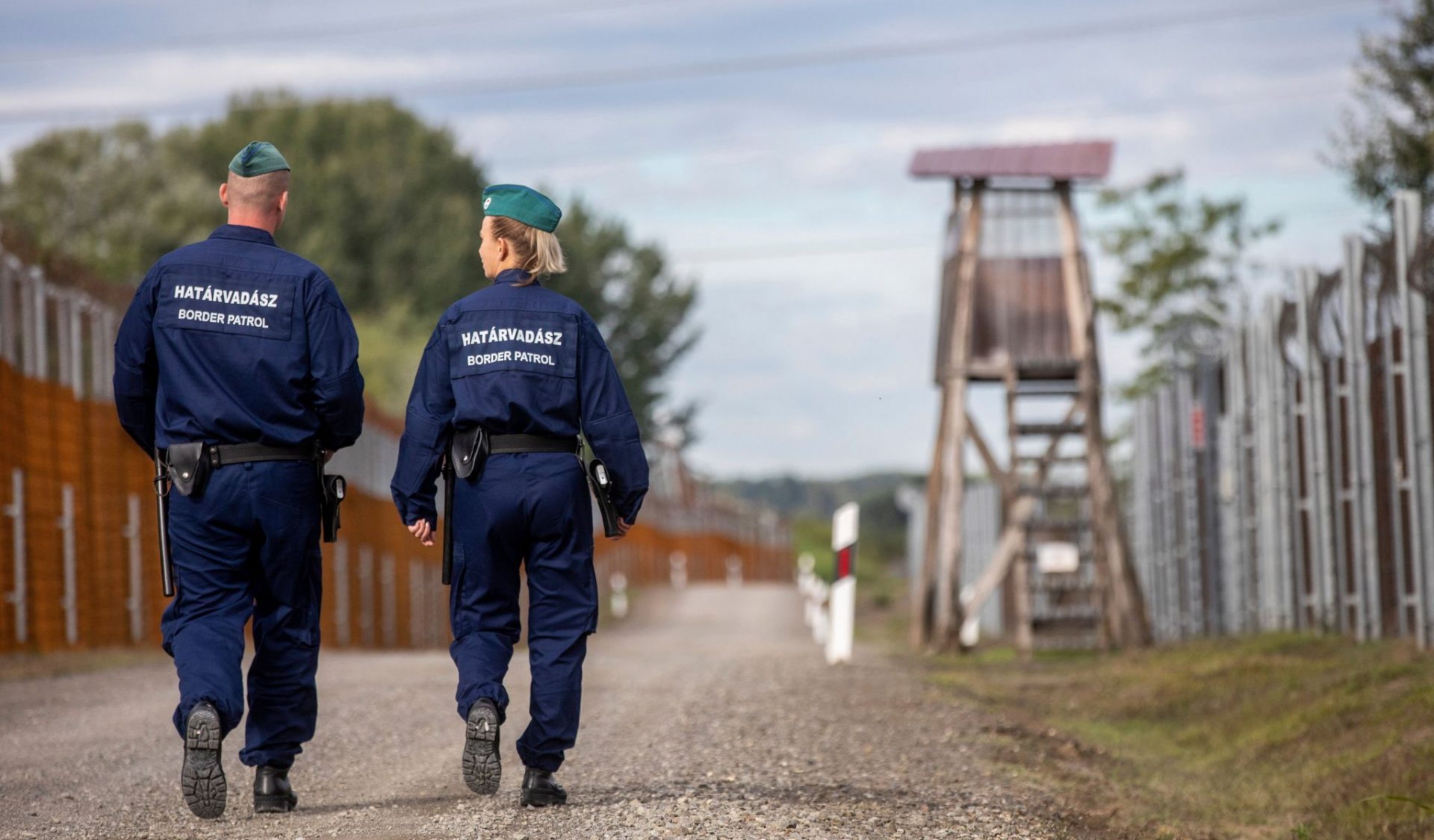Brussels – The EU Commission demands more information from the government in Budapest in the dispute over special entry rules for guest workers from Russia and Belarus. In an initial response to previously asked questions, the government of Hungarian Prime Minister Viktor Orbán left two aspects unclear, said EU Commissioner for Home Affairs Ylva Johansson in Brussels.
“First: Why? Why does the Hungarian government consider such a regulation necessary or appropriate in the current political situation?” she asked. The expected economic benefits for Hungary are limited and are disproportionate to the potential impacts on security in the Schengen area in light of the Russian invasion of Ukraine.
Secondly, it seems that the controls for Russians and Belarusians are not handled differently from those of other nationals despite the increased risk, Johansson said. She therefore sent a new letter to Budapest, requesting further explanations.
In Hungary, there have been special rules for guest workers for a long time. However, they previously only applied to Ukrainians and Serbs and were only expanded in July. Namely to people from Russia and its partner country Belarus. EU Commissioner for Home Affairs Johansson had already expressed concerns at that time. Hungary must ensure that Russians who engage in espionage or pose other security threats are prevented from traveling to the EU through appropriate checks.
The Hungarian government vehemently defends the special rule. There are no legal and security problems, said Hungary’s Minister for EU Affairs János Bóka in Brussels. The EU Commission and the member states had also had no objections to the special rule before the expansion to Russia and Belarus. Furthermore, only ten permits for Russian citizens and four permits for Belarusian citizens have been issued in the past two months.
According to figures from the statistical office Eurostat in Luxembourg, 21,984 Russian nationals received a first-time residence permit in Germany in 2023 – making it the number one in the EU. In Hungary, it was 2,986 Russian nationals.
For Belarusian nationals, Poland leads with 255,595 first-time residence permits in 2023. In Hungary, it was 270 Belarusians. (September 4)
 go to the original language article
go to the original language article
